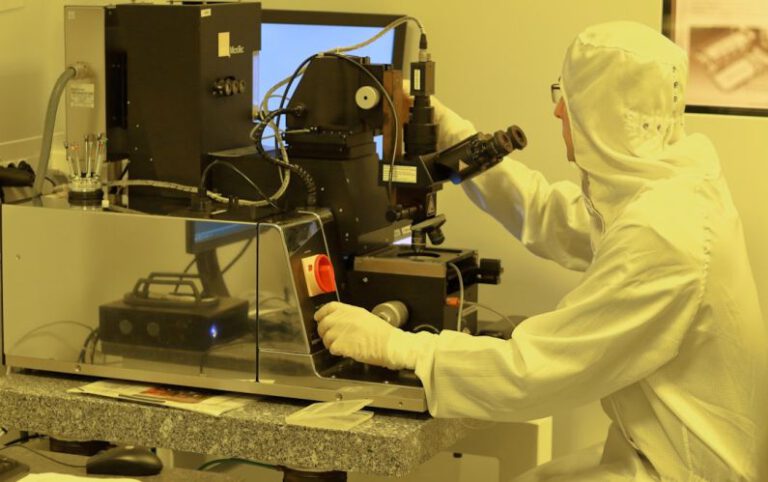Can Biodegradable Plastics Help Solve the Waste Crisis?
As the world grapples with the ever-growing problem of plastic waste, the search for sustainable solutions has become paramount. One promising alternative that has gained traction in recent years is the use of biodegradable plastics. These materials are designed to break down more quickly than traditional plastics, potentially offering a solution to the mounting environmental issues associated with plastic pollution. But can biodegradable plastics truly help solve the waste crisis? Let’s delve into the topic and explore the potential impact of these innovative materials.
The Problem with Traditional Plastics
Traditional plastics, derived from non-renewable resources such as petroleum, have become ubiquitous in our modern society. While these materials have revolutionized industries and daily life in many ways, their durability presents a significant challenge when it comes to disposal. Plastic waste takes hundreds of years to decompose, leading to overflowing landfills, pollution of waterways, and harm to wildlife.
Moreover, the process of plastic production itself contributes to environmental degradation, with greenhouse gas emissions and energy consumption associated with extraction and manufacturing. The global plastic production continues to rise, exacerbating these issues and underscoring the urgent need for more sustainable alternatives.
Biodegradable Plastics: A Viable Solution?
Biodegradable plastics offer a potential solution to the problems posed by traditional plastics. These materials are designed to break down more quickly through natural processes, such as exposure to sunlight, moisture, and microorganisms. By accelerating the decomposition of plastic waste, biodegradable plastics have the potential to reduce the environmental impact of plastic pollution significantly.
One of the key advantages of biodegradable plastics is their potential to mitigate the accumulation of plastic waste in landfills and oceans. Traditional plastics persist in the environment for centuries, contributing to the ever-growing problem of pollution. In contrast, biodegradable plastics can degrade in a matter of months or years, reducing the long-term burden on ecosystems and wildlife.
Furthermore, the production of biodegradable plastics often relies on renewable resources, such as plant-based materials like corn starch or sugarcane. This shift away from fossil fuels can help reduce the carbon footprint associated with plastic production, offering a more sustainable alternative for the future.
Challenges and Considerations
While biodegradable plastics hold promise as a more environmentally friendly option, several challenges and considerations must be taken into account. One critical aspect is the need for proper disposal and infrastructure to ensure that biodegradable plastics break down effectively. Inadequate waste management practices can hinder the biodegradation process, leading to potential environmental harm.
Moreover, there is a lack of standardized definitions and regulations surrounding biodegradable plastics, leading to confusion among consumers and businesses. Without clear guidelines on what constitutes a truly biodegradable material, there is a risk of greenwashing and the proliferation of misleading claims.
Another consideration is the potential impact of biodegradable plastics on recycling systems. These materials can contaminate traditional plastic recycling streams, complicating the recycling process and potentially reducing the efficiency of existing systems.
The Future of Biodegradable Plastics
Despite these challenges, the development and adoption of biodegradable plastics offer a valuable opportunity to reduce the environmental impact of plastic waste. Continued research and innovation in this field can help address the shortcomings of current materials and enhance the biodegradability and sustainability of plastic products.
As consumer awareness of environmental issues grows, there is a growing demand for sustainable alternatives to traditional plastics. Biodegradable plastics have the potential to play a crucial role in shifting towards a more circular economy, where materials are designed to be reused, recycled, or biodegraded at the end of their life cycle.
In conclusion, while biodegradable plastics are not a panacea for the waste crisis, they represent a step in the right direction towards a more sustainable future. By combining technological advancements with responsible consumption and waste management practices, we can harness the potential of biodegradable plastics to mitigate the impact of plastic pollution on our planet.






